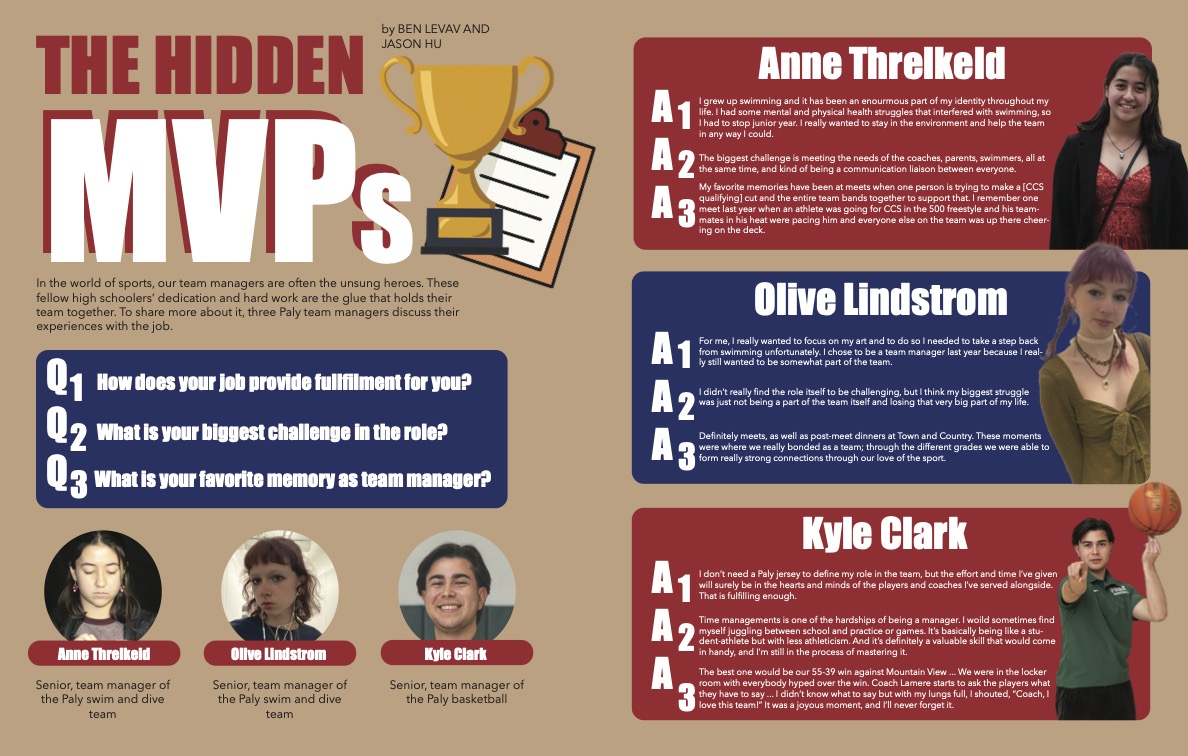Risk it for the Biscuit
Exploring the benefits and repercussions of gambling on sports events as a student or professional athlete.
February 18, 2016
In 1921, eight Chicago White Sox major league baseball players were banned for life after the accusation of fixing the 1919 World series. In 2007, referee Tim Donaghy was sentenced to 15 months in jail for betting on National Basketball Association (NBA) games, which he officiated. In 2015, the National Collegiate Athletic Association (NCAA) banned fantasy sport companies DraftKings and FanDuel from advertising during any NCAA championship.
These consequences for betting on games are not uncommon. The excitement and possible riches of gambling entice players and fans, yet can strip individuals of their sport, money, and job.
Athletes of any level – high school, college, or professional – cannot bet on any games at the risk of compromising their eligibility or profession. As an athlete, betting on, not only their own sport, but on any other sport, disturbs the true integrity of the game.
“The NCAA opposes all forms of legal and illegal sports wagering, which has the potential to undermine the integrity of sports contests and jeopardizes the welfare of student-athletes and the intercollegiate athletics community,” NCAA rules state.
Despite these restrictions, a study conducted by the NCAA reported that 57 percent of male student-athletes and 39 percent of female student-athletes were gambling in 2011. Though this form of gambling is usually between friends, the bigger risk is found in betting on NCAA games that the student-athlete may have inside information about. An example of this is when it has not been released whether a key player will play or not based on an injury, which may change the outcome of the game. These concerns carry on through the collegiate level and even into the professional sports.
The effects of betting as an athlete can be devastating and treacherous not only towards a team’s future, but also an individual’s career. One of the biggest cases of betting on sports still leaves people in awe. Baseball’s great Pete Rose was caught gambling on not only his own games, but others during the 1987 season. The fact that baseball’s all-time hit leader is not in the Hall of Fame should seem like enough punishment. However, his absence from the Hall of Fame was also accompanied by a banishment for life from baseball, according to ESPN Networks. Whether it’s the crushing feeling of not letting an athlete return to the game they love, or the gut-punch that leaves all the dedicated fans without a memorable person to watch on the field or to recognize in any Hall of Fame, it’s consequences like these that only ruin sports for everyone.
However, sporting events would not be as popular without the addition of betting. March Madness and the Super Bowl are known for their betting popularity, which attracts more attention and fans. According to Time Magazine, 12 billion dollars was the estimated amount of money spent gambling on the men’s March Madness bracket alone. The amount of wagering over the Super Bowl is measured in billions as well, and is the highest single bet on a sport in America. These gambling traditions create communities centered around sporting events. When an individual makes a bracket or bets on a horse, they are more invested in the game.
Looking at the big picture, betting on sports can harm the integrity of the game and is disrespectful to players and teams. However, betting has earned such an incredibly enormous profit for both teams and leagues that the punishments for such actions should not be so harsh.






